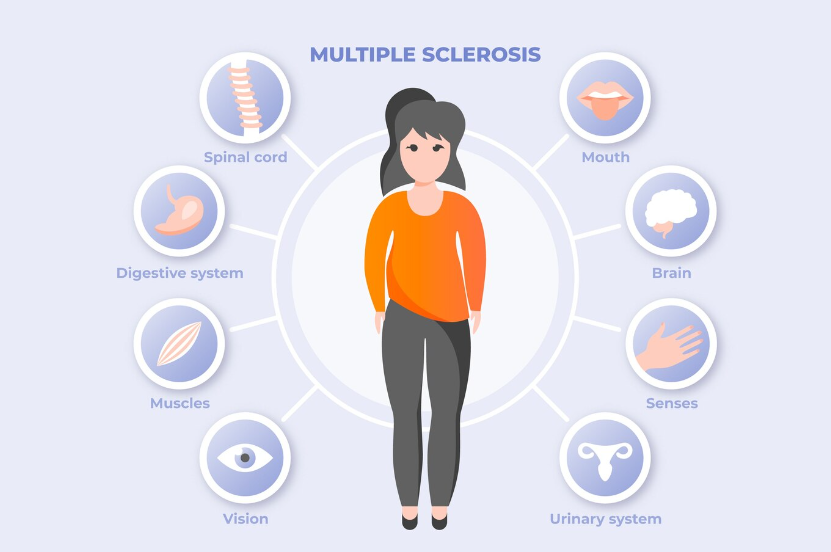
The Role of Hormones in Understanding Sciatica: Causes, Symptoms, and Treatments
Sciatica, often described as a pain that radiates along the path of the sciatic nerve, can be a debilitating condition affecting millions worldwide. While we often associate sciatica with issues in the spine, there’s another player in the mix that’s not often discussed but equally influential: hormones.
Understanding the role hormones play in sciatica requires a closer look at the endocrine system. Hormones are chemical messengers that regulate various bodily functions, including inflammation, pain perception, and nerve sensitivity. When there’s an imbalance in hormone levels, it can exacerbate sciatic pain or even contribute to its development.
Causes of Sciatica:
Sciatica typically occurs when the sciatic nerve becomes compressed or irritated. This compression can result from various factors, including herniated discs, bone spurs, or spinal stenosis. However, hormonal imbalances can also contribute to this compression. For instance, during pregnancy, hormonal changes can loosen ligaments and increase pressure on the sciatic nerve, leading to sciatic pain.
Symptoms of Sciatica:
The hallmark symptom of sciatica is pain that radiates from the lower back down the leg, often accompanied by numbness, tingling, or weakness. While the structural issues like herniated discs are commonly associated with these symptoms, hormonal imbalances can worsen the severity or duration of pain experienced.
Treatments for Sciatica:
Effective management of sciatica often involves a multi-faceted approach, including physical therapy, medications, and in severe cases, surgery. However, addressing hormonal imbalances can also play a crucial role in relieving sciatic pain. Hormone therapy or medications that regulate hormone levels may be prescribed to alleviate symptoms and reduce inflammation.
Managing Hormonal Imbalances:
Maintaining hormonal balance is essential for overall health and well-being. While some hormonal fluctuations, such as those occurring during pregnancy, are natural and temporary, others may require medical intervention. Lifestyle changes, such as regular exercise, stress management, and a balanced diet, can help regulate hormone levels naturally. Additionally, consulting with a healthcare professional to identify and address specific hormonal imbalances is crucial for effective management of sciatica.
In conclusion, understanding the role of hormones in sciatica can provide valuable insights into its causes, symptoms, and treatments. While structural issues like herniated discs are primary contributors to sciatic pain, hormonal imbalances can exacerbate symptoms and hinder recovery. By addressing hormonal imbalances alongside other treatment modalities, individuals suffering from sciatica can experience improved pain relief and overall quality of life.
Remember, if you’re experiencing persistent or severe sciatic pain, consult with a healthcare professional for personalized diagnosis and treatment recommendations.
To seek medical advice, always consult a Doctor. Here are our recommended experts.Click Here
To read more on Back Pain. Click Here


